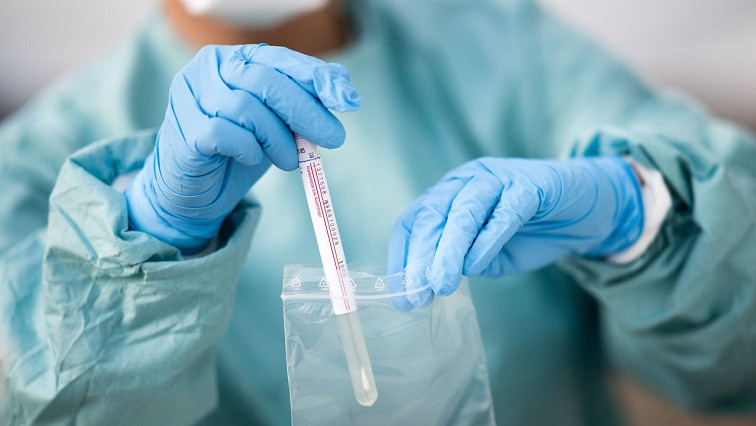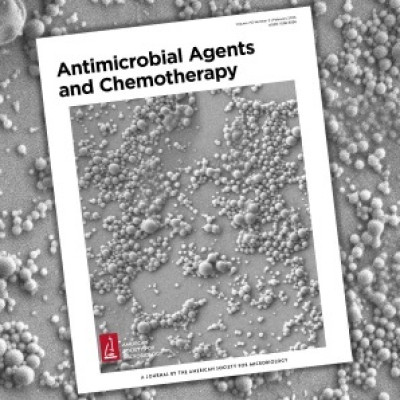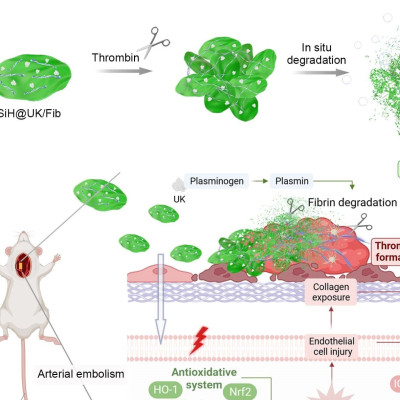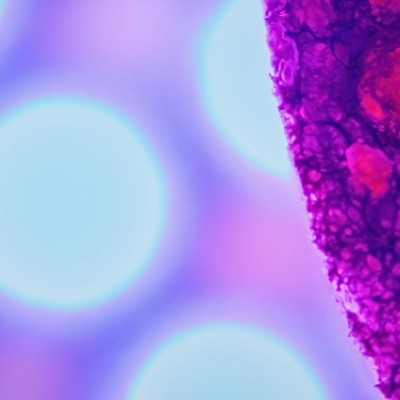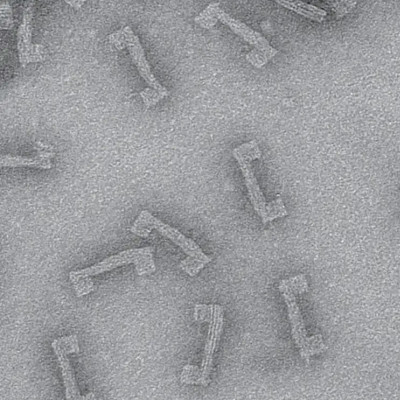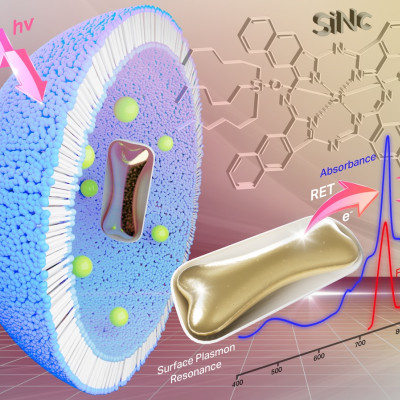Most COVID-19 testing kits rely on the sensitive method of polymerase chain reaction (PCR). However, this method is beginning to shows signs of strain as the virus continues to spread.
Jing Wang and her colleagues at MIT wanted to develop a faster, potentially more accurate COVID-19 test that could be a practical alternative to PCR in detecting the virus.
The researchers based their test on a technique called localized surface plasmon resonance, which can detect interactions between molecules on the surface of a constructed metallic nanostructure as a local change in refractive index. The team made DNA probes that recognized specific RNA sequences of the COVID-19 virus and attached them to gold nanoparticles.
When they added pieces of the virus’s genome, the RNA attached to the probes like a zipper being closed. The team used a laser to heat up the nanoparticles, making it more difficult for imperfectly matched sequences to remain attached, reducing false positives.
According to the researchers, a nucleic acid “zipper” missing a couple of teeth, a partial mismatch, would unzip under these conditions. In this way, the researchers could discriminate between SARS-CoV-2 and its close relative, SARS-CoV-1.
The assay detected amounts of viral RNA below those present in respiratory swabs in a matter of minutes. Although the test still needs to be tested on intact viral RNA from patient samples, it could help relieve the current pressure on PCR-based tests.
Read the original article on Photonics.

